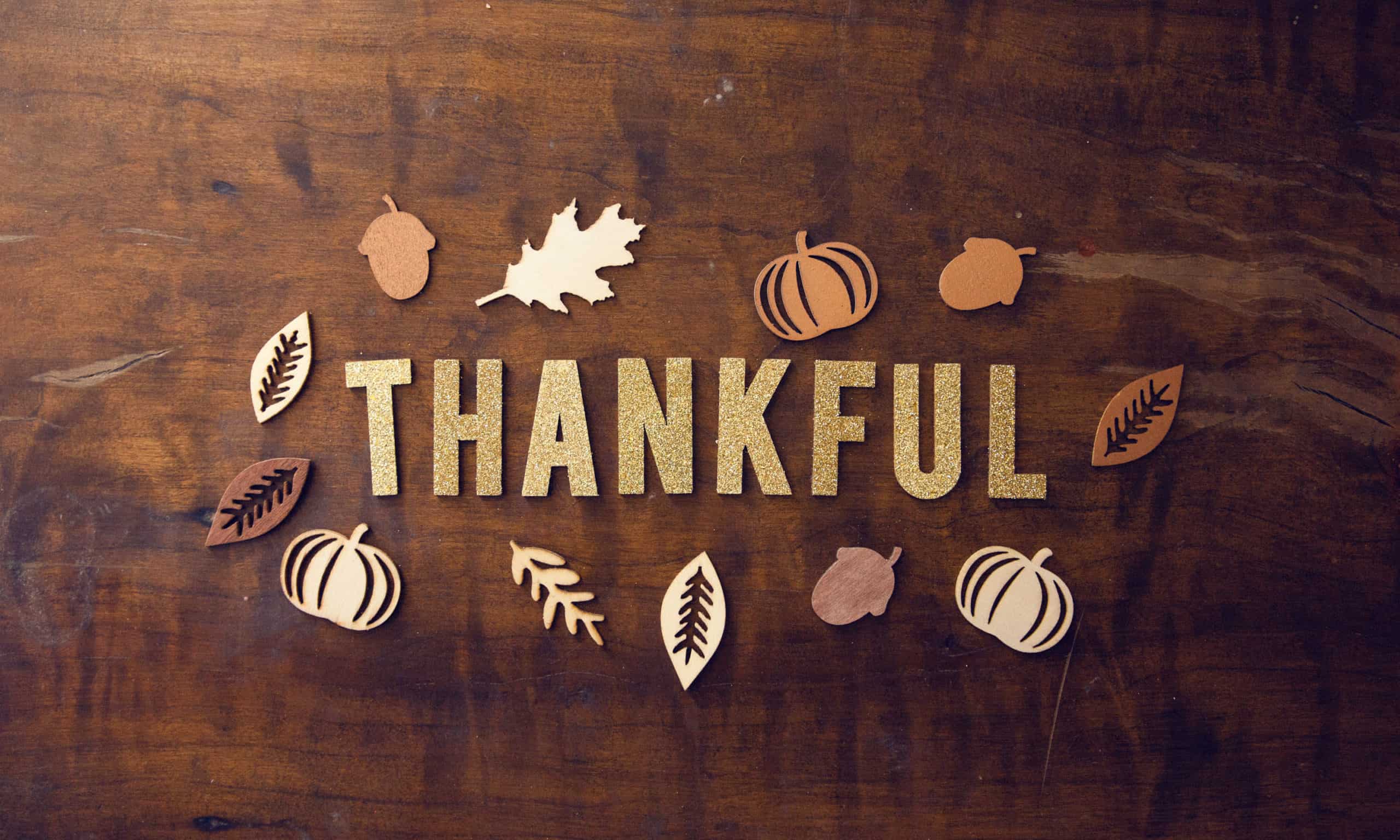It’s that time of year when the sand has almost passed to the bottom of the hourglass. Most individual taxpayers are calendar-year filers which means that many opportunities to reduce your 2020 income tax bill will lapse after midnight on December 31, 2020. To help you achieve your goal of paying the least amount of income tax as possible, you may want to consider some simple, yet effective strategies
Taxes for personal property and real estate may be deducted on your individual income tax return if you elect to itemize for 2020. If you own property, you will have received a notice of taxes due on the property from the previous assessment by the County Assessor’s Office. You may wish to pay the full amount of taxes every other year to “bunch” up the deduction allowing you to accumulate deductible expenses in excess of the standard deduction.
Income taxes paid to state and local governments are included in your itemized deductions. If you are self-employed, or receive income from sources that do not withhold taxes for you, you may be required to remit income taxes on a quarterly voucher. Typically, your fourth and final state income payment for 2020 is due on January 15, 2021. However, you may elect to remit payments in December to the state and local governments and claim the expense in 2020. The Tax Cuts and Jobs Act of 2017 limited the amount of state and local income taxes for deduction to $10,000.
Charitable contributions to qualified charities will increase your itemized deductions for 2020. Consider those charities that you typically support and be generous this year. As long as the charity is a qualified exempt organization and you remit payment before December 31, you should be allowed to include the deduction on your return. Don’t forget that you should request a receipt to document your charitable intent and the receipt of the payment by the organization.
Have you thought about cleaning out your closet or gifting your old car to a worthwhile charity? Good news! You may qualify for an in-kind donation. Additional rules and requirements must be followed to document the deduction but you will have helped a great cause and your closet or garage may look better, too.
Another easy method of lowering your tax bill is to defer any income that is possible. If you are self-employed, you may delay your billing for services until January, 2021 and, thereby, deferring payment to be earned income until the next tax year.
Remember in 2020 that personal exemptions are no longer allowed. Instead, a much larger standard deduction is availed to individuals and married filing joint taxpayers of $12,400 and $24,800, respectively. If you are a single parent with a child in your household, you may qualify for a little larger standard deduction of $18,650.
The key to tax reduction is to be proactive. Don’t procrastinate on this important task. By spending a few minutes planning, you may significantly reduce your tax bill for 2020. One statement we share with our clients is that “you should always seek to pay the least amount of income tax you legally owe”.





